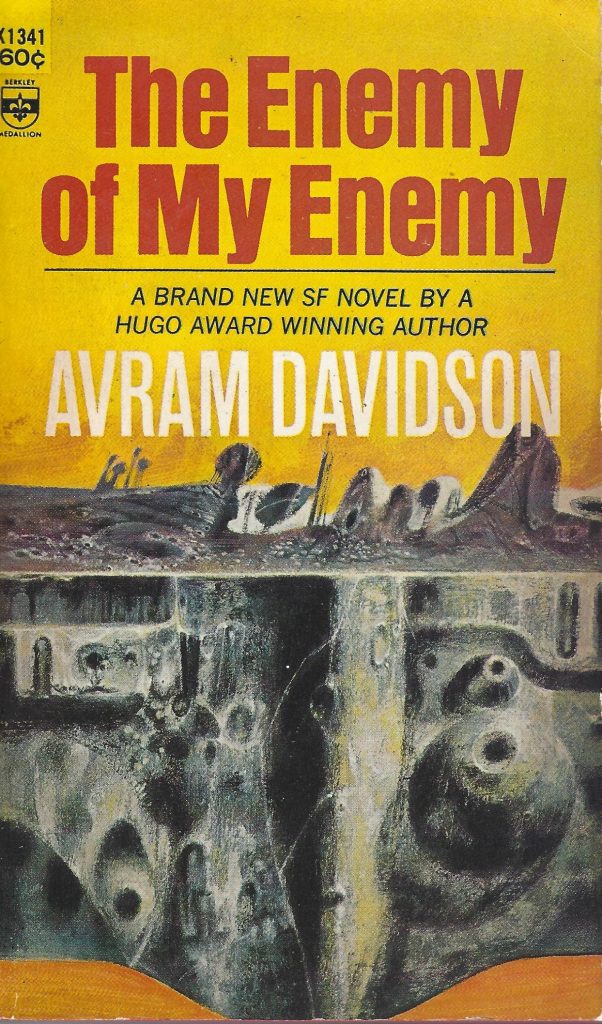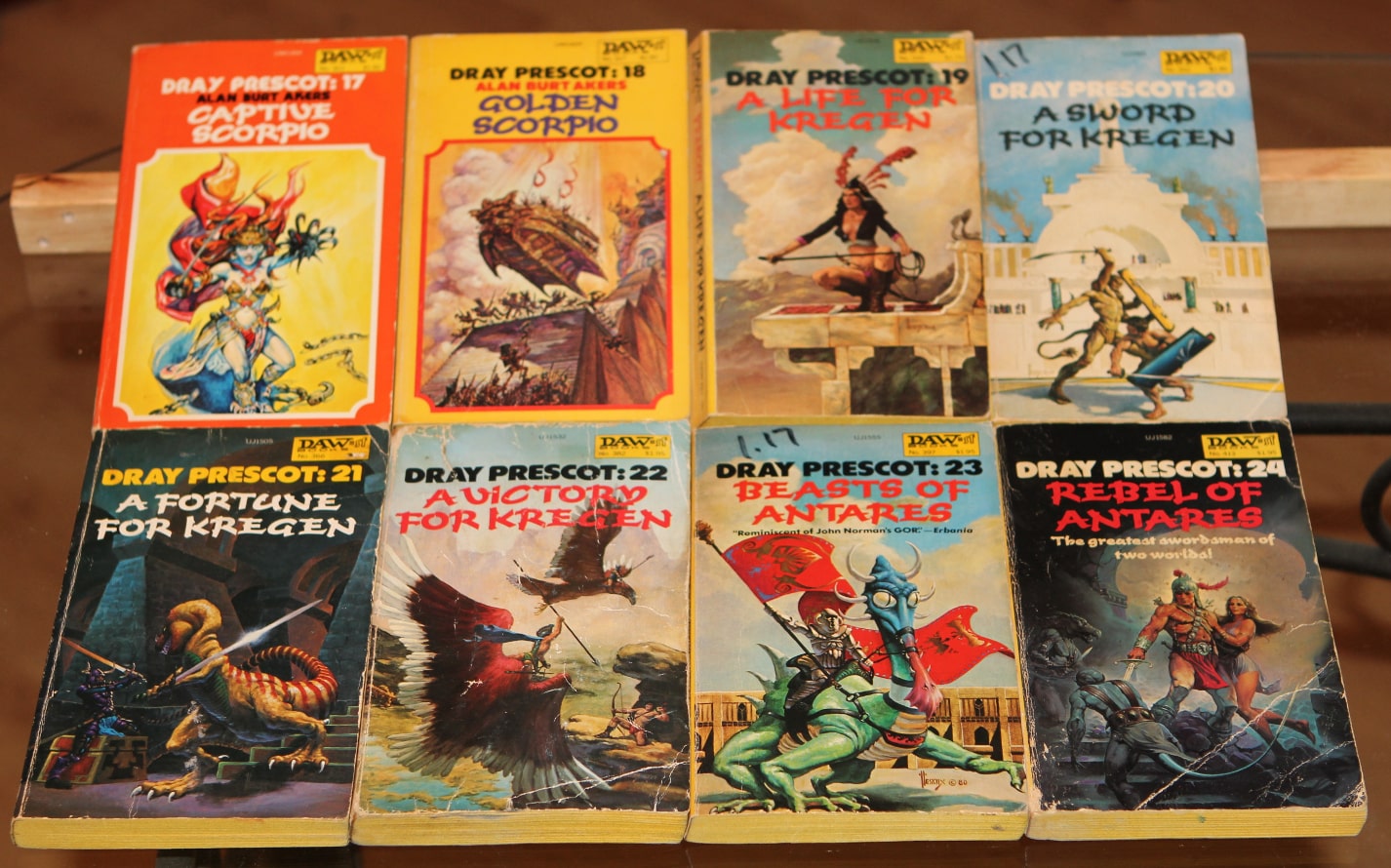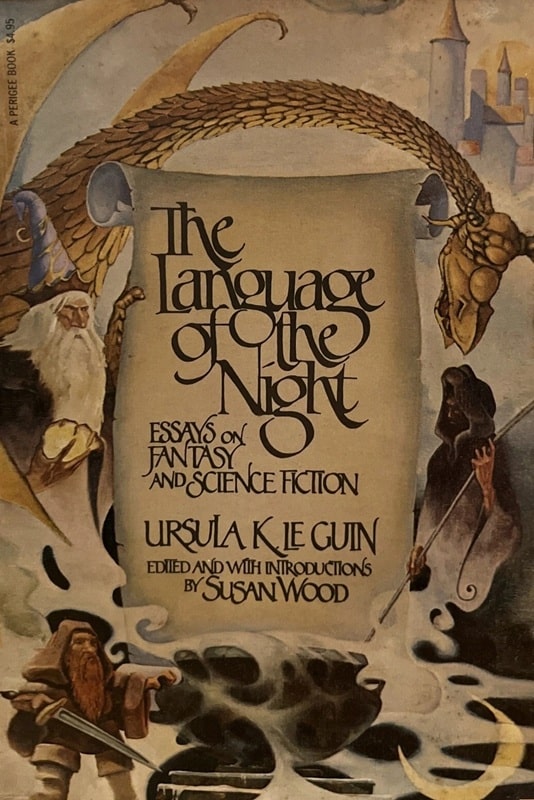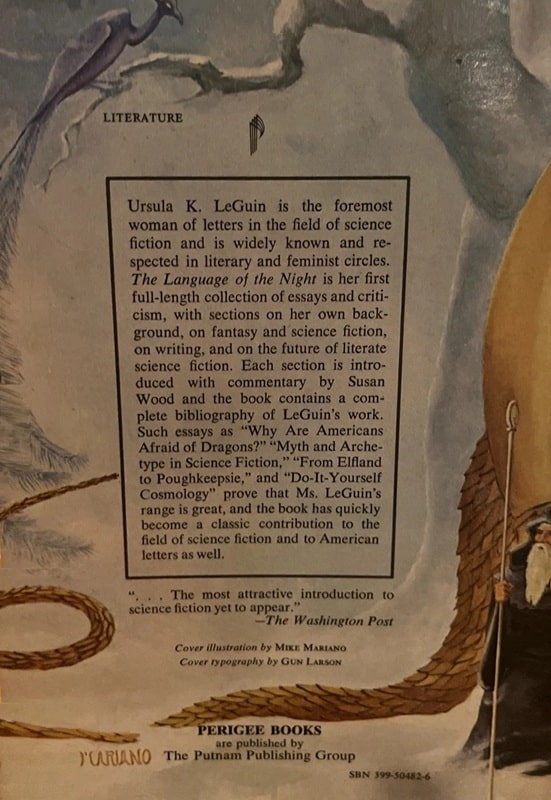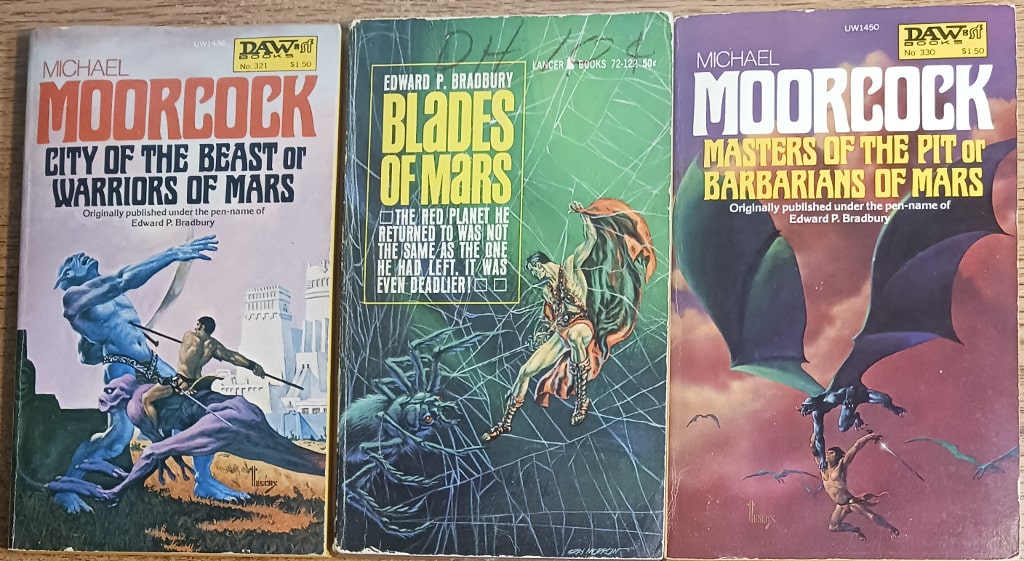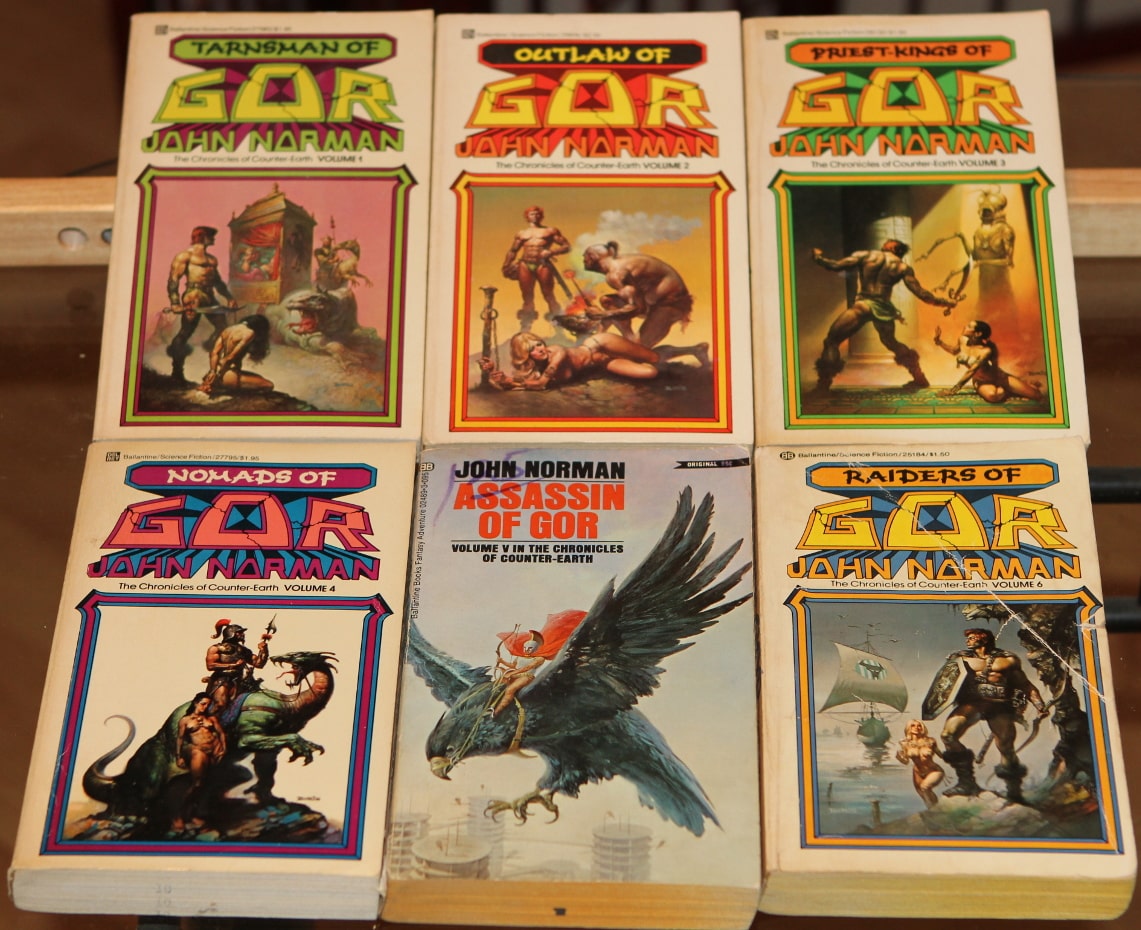Tor Double #14: Poul Anderson’s The Saturn Game and Gregory Benford and Paul A. Carter’s Iceborn

Cover for Iceborn by Marx Maxwell
The Saturn Game was originally published in Analog in February, 1981. It was nominated for the Hugo Award and the Nebula Award, winning the latter. The Saturn Game is the second of three Anderson stories to be published in the Tor Doubles series after No Truce with Kings.
In 1978, Andre Norton published the novel Quag Keep, widely considered to be the first representation of role playing games in fiction. Norton’s story had a role player fall into Gary Gygax’s World of Greyhawk and live out the sort of adventures that occur in role playing games. By 1981, role playing had become more broadly established, although still niche, especially when compared to today’s popularity. In 1981, Larry Niven and Steven Barnes published Dream Park, in which an amusement park ran what were essentially Live Action Role Playing Games. In the same year, Poul Anderson published The Saturn Game, in which a fantasy role playing game was used in a variety ways on a mission to Saturn.
The Saturn Game begins in the middle of a role-playing session as Anderson’s characters are killing time during the long journey to Saturn. In this sequence, Anderson introduces the reader to the characters, both who they are and who they portray in the game. One of the intriguing things about the importance of the game to the characters is that they are living an adventure: the flight to Saturn, but still feel the need to escape into their world of adventure, although not all of the characters play the game. …

